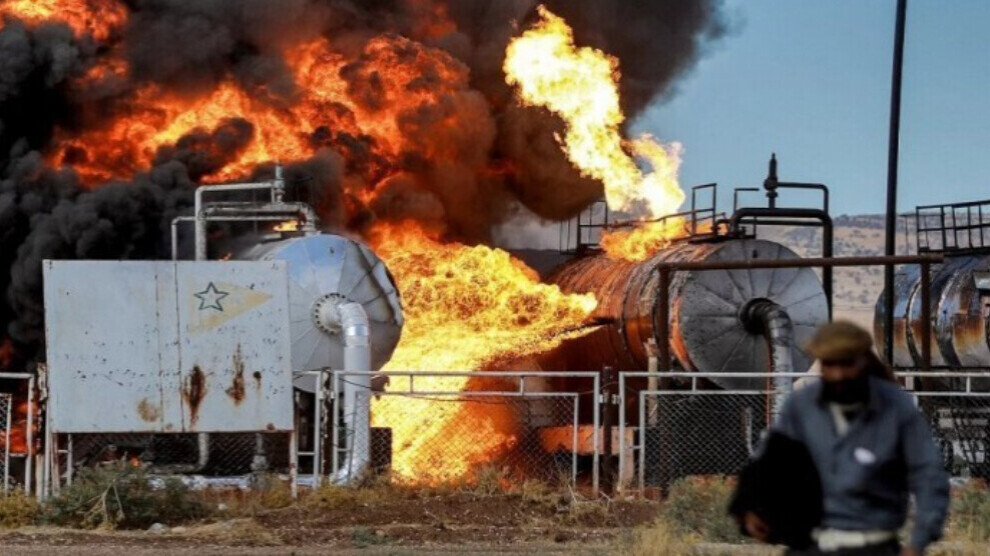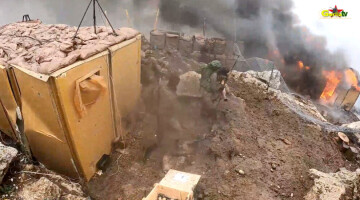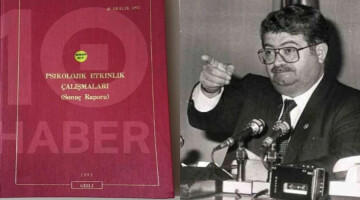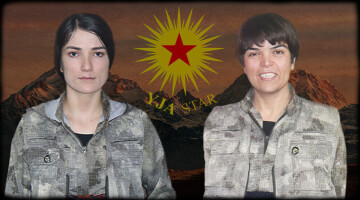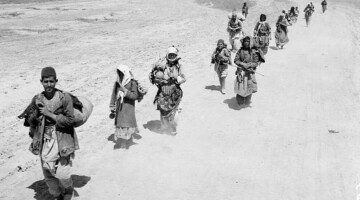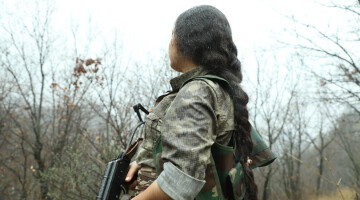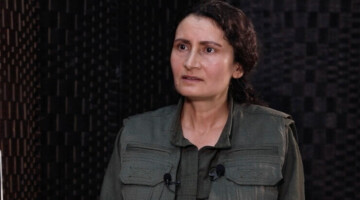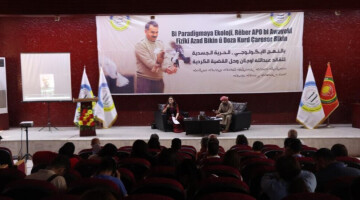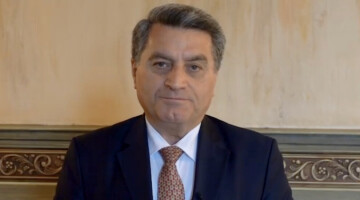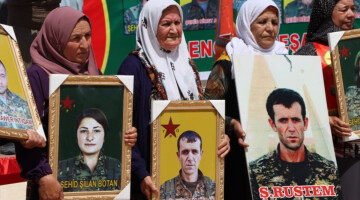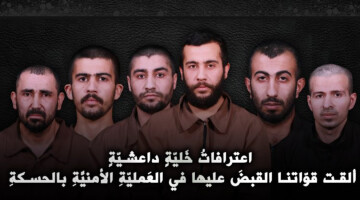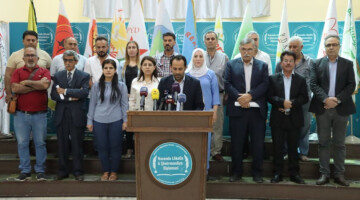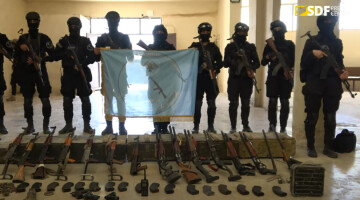Xalid Ibrahim from the Foreign Relations Department of the Democratic Autonomous Administration of North and East Syria (DAANES) answered ANF's questions.
Xalid Ibrahim stated that their primary endeavour is to stop the war against the people and added, "Afterwards, it is to hold those who committed war crimes and crimes against humanity against our people to account."
The UN published its report on Syria on 11 March. Consisting of 36 pages, the report had very important findings. Similar reports are published every year, but nothing concrete and visible happens. Do these reports really have an impact?
As stated in the UN report on Syria, massacre, migration, plunder and economic crisis continue in these lands. In fact, similar reports are published every year by human rights defenders and their followers. We can look at this year's report a little more positively. Some correct observations have been made in the report. In particular, it is an important determination that the Turkish state attacks the infrastructure of the region, jeopardises the security of the region, causes crisis and chaos, and commits war crimes. It is positive that such a report was published, albeit late, but there are still some missing aspects in the report.
What are these deficiencies?
As the Democratic Autonomous Administration, we have already stated that international special commissions should have been established and that these commissions should have come and monitored the situation in the region. Of course, these suggestions of ours remain. Many international organisations and institutions from the region came and saw with their own eyes the results of the Turkish state's plundering policy. It is clear that what the Turkish state wants to do in these lands is to force the people of the region to migrate by dragging them into a chaos and crisis and to create a big war in the region. These, of course, fall under the category of war crimes. They have also seen all these, and these are also included in the report.
Although there are findings and determinations about the crimes of the Turkish state in the report, there is nothing with regard to the prosecution of the Turkish state for these crimes. This is a deficiency. Both the UN and international organisations should have taken a more concrete stance on this issue. It will not be enough just to mention it in the report and leave it at that. Of course, such reports have an impact, but if positive results cannot be achieved in the near future, they are of little importance. We say that the results of such reports should be revealed concretely. No matter who it is, the crimes committed must be paid for and held to account. Unfortunately, nothing like this has been done so far.
The crimes of the Turkish state against the region are actually very concrete. Will you take any initiative as the Democratic Autonomous Administration?
Everyone already sees and knows the war crimes of the Turkish state. Everyone sees the war crimes committed, especially against Afrin, Serêkaniyê, Girê Sipî and even the whole of Northern and Eastern Syria. We are constantly making great efforts on this issue. We work with the international community and organisations. We always have suggestions and projects. Our primary endeavour is to stop this war against our people. Afterwards, those who have committed war crimes and crimes against humanity against our people must be held to account. Unfortunately, we are experiencing political confusion. States have many political interests. These play a role.
You have stated that an international court should be established for the trial of ISIS detainees. Is there any work, initiative or development towards this?
As the Democratic Autonomous Administration, we see the issue of ISIS as an international terror problem. As everyone knows, even though ISIS was defeated territorially and militarily in Baghouz, it continues to exist with its mentality and sleeper cells. It still has activities both in different parts of Syria and in our region. It is trying to renew, organise and keep itself alive. They especially see the attacks of the Turkish state on our region as an opportunity to reorganise themselves. These efforts continue inside and outside the camps.
More than 60 thousand ISIS members are held in prisons. Again, many women and children were gathered in the Hol and Roj camps under the control of the Autonomous Administration. These people come from nearly 50 states. Of course, this creates a burden on the Autonomous Administration. This burden is very effective, both financially and legally. For this reason, we say that just as an international coalition was established in the war against ISIS, an international coalition should also be established to solve the problem of ISIS remnants. This is not only the responsibility of the Autonomous Administration and should not be left to the Autonomous Administration alone. It is also the duty of the international community and states. We have always issued calls for this. Some states want to take their citizens, but taking only these women and children is not a permanent and overall solution. This is only a small part of the solution.
We advocate for the development of an overall solution, involving the entire international community, including, of course, the Autonomous Administration. They have committed crimes against humanity; they represent international terrorism. In this sense, the international community must assume its legal responsibility. An international court must be established, and they must be held accountable.
Do international aid organisations support the Hol Camp where ISIS families are staying?
Actually, there are 15 camps in Northern and Eastern Syria and there are dozens of other unofficial camps. International organisations do not have much interest in these camps. They mostly focus on Hol and Roj camps. Of course, those who stay in both camps are the remnants of the war, but our people who stay in other camps also live in very difficult conditions. Therefore, international organisations and society should be sensitive towards these camps. They should extend their helping hands. Everyone knows that, especially the camps in Shehba are faced with difficulties. Recently, water has also been cut off in these camps. In this sense, we want all these organisations to show the same sensitivity and support for these camps as well.

